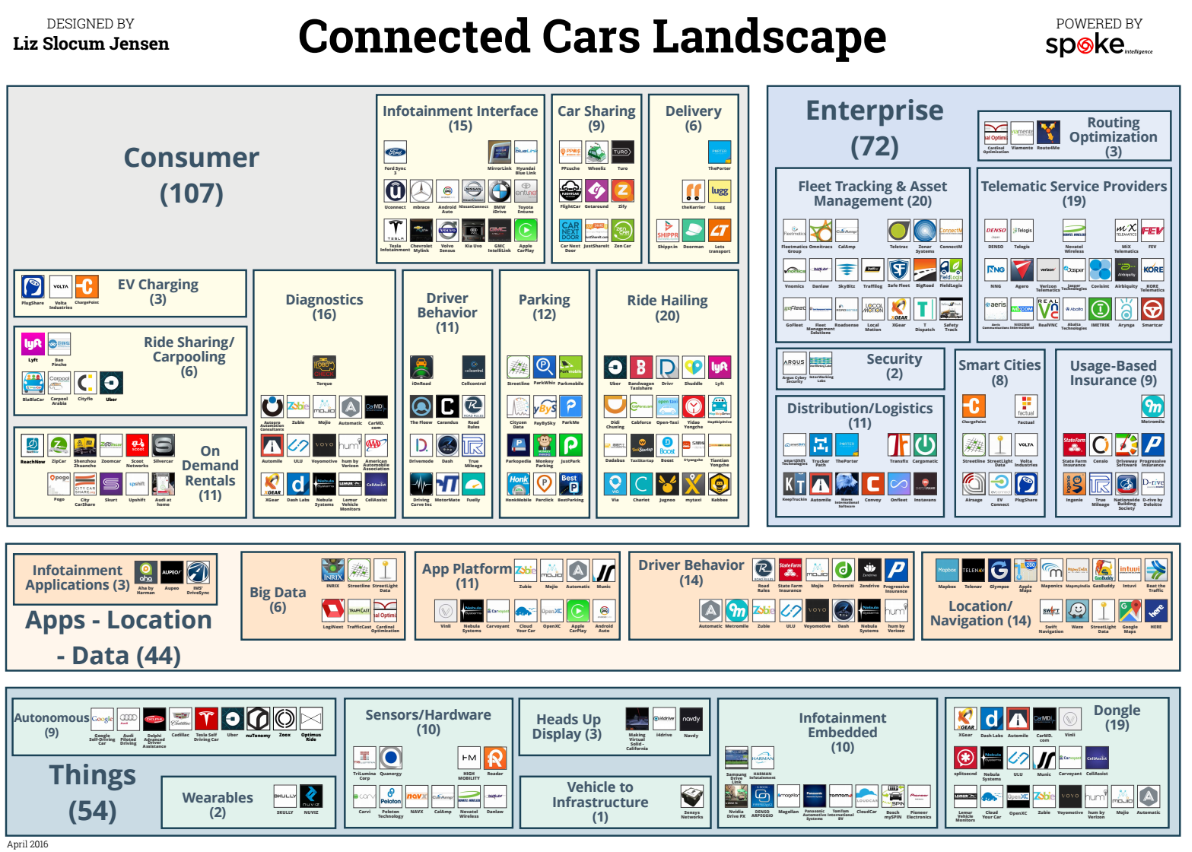Recently, Kitty Hawk (backed by Google’s Larry Page) grabbed attention for showcasing its version of a flying car, which requires no pilot license. In a slick video, the prototype vehicle is seen gliding through the waters before hovering about 15 feet in the air. But interestingly, Kitty Hawk Flyer may not be the only car soaring in the air.
The concept of vertical take-off and landing (VTOP), or flying cars, allows aircraft to reach high speeds without needing runways, instead taking off like helicopters. A few of the many names that are already working on VTOP designs are Lilium, Uber, and Airbus. Here’s what they’re up to.
1. Lilium
The Munich-based firm Lilium brings the concept of personalized, clean, and affordable air travel to everyone. The aircraft concept was initiated in 2013 by CEO and cofounder Daniel Wiegand and now receives the backing of investors like Skype cofounder Niklas Zennström and Wunderlist founder Christian Reber.
Lilium recently completed its maiden test flight of a two-seater Eagle prototype. The firm is hoping to use the concept for urban air taxi services for up to five people, enabling passengers to travel five times faster than in a car. These jets are expected to fly as fast as a Formula One racer with no special infrastructure required.
June 5th: The AI Audit in NYC
Join us next week in NYC to engage with top executive leaders, delving into strategies for auditing AI models to ensure fairness, optimal performance, and ethical compliance across diverse organizations. Secure your attendance for this exclusive invite-only event.
The Lilium Jet is the world’s first all-electric VTOL jet and boasts a signature mid-air transition from hover mode to wing-borne forward flights. The emission-free jets have zero operational environmental impact, according to the company. Lilium services will be available on demand with a simple click that allows customers to order an air taxi to the nearby landing pad and “take off with a push of a button.” Its on-demand air transport is expected to turn into a reality in 2025. The firm is working actively with leading mobility service providers to deliver an all-in-one user experience from booking to landing.
2. Uber
A dominant name in the auto-sharing industry, Uber is not very far behind in moving ground transportation to the skies.
This year the $68 billion startup brought its version of flying car to its recent Uber Elevate Summit in Dallas. As of now, Uber does not plan on building its own aircraft. Instead, it is actively teaming up with real estate partners and aircraft companies for building landing pads and vehicles. Uber Elevate announced its plans to partner with Dallas-Forth Worth and Dubai to launch flying cars, with a pilot in Dallas-Fort Worth area by 2020 and flights in Dubai in time for Expo2020. Its alliance with VTOL aircraft manufactures like Embraer, Bell Helicopter, and Aurora Flight Sciences means that Uber is serious about taking ride-hailing to another level. It also hopes to eventually offer its flying car ride for about the same price as an UberX ride.
The initial intention of Uber’s flying dream was published in its white paper released last fall, which outlined a future filled with on-demand air transportation that would shorten a two-hour drive from San Jose to San Francisco to a 15-minute flight. Uber has already teamed up with the world’s largest charging network, ChargePoint, to develop special chargers for its fleet of electric flying cars at Uber Elevate Vertiports by 2020.
3. Airbus
The European aerospace giant Airbus is addressing the future of urban flying through its distinctive projects. At Geneva’s Motor Show in 2017, it unveiled its concept design in collaboration with the legendary coach builder Italdesign. Through its modular functionality, the car will operate both on ground and air. The design of the futuristic project, called Pop.Up System, contains fully electric functions, along with a capsule for two passengers. The capsule on wheels is enabled by an artificial intelligence (AI) process that becomes familiar with the individual operator and offers the best possible routes and transit options.
Airbus has been pursuing its flying-taxi initiative since 2016. Project Vahana is a self-piloted flying vehicle concept that involves developing a new type of vehicle for individual passenger and cargo transport. Vahana uses VTOL, along with sense-and-avoid technology, and is slated to be tested toward the end of 2017. Unlike Vahana, Airbus’ other distinctive project, CityAirbus, is designed for multiple passengers and will initially be maneuvered by a pilot before going fully autonomous.
But even though flying on a hybrid jet sounds enticing, it faces practical roadblocks.
Regulations, longer battery life for extended travel, and passenger safety within the limit of high speeds could be some of the many concerns that may act as potential barriers. In a conversation with Bloomberg, Tesla’s Elon Musk pointed out, “If somebody doesn’t maintain their flying car, it could drop a hubcap and guillotine you.”



